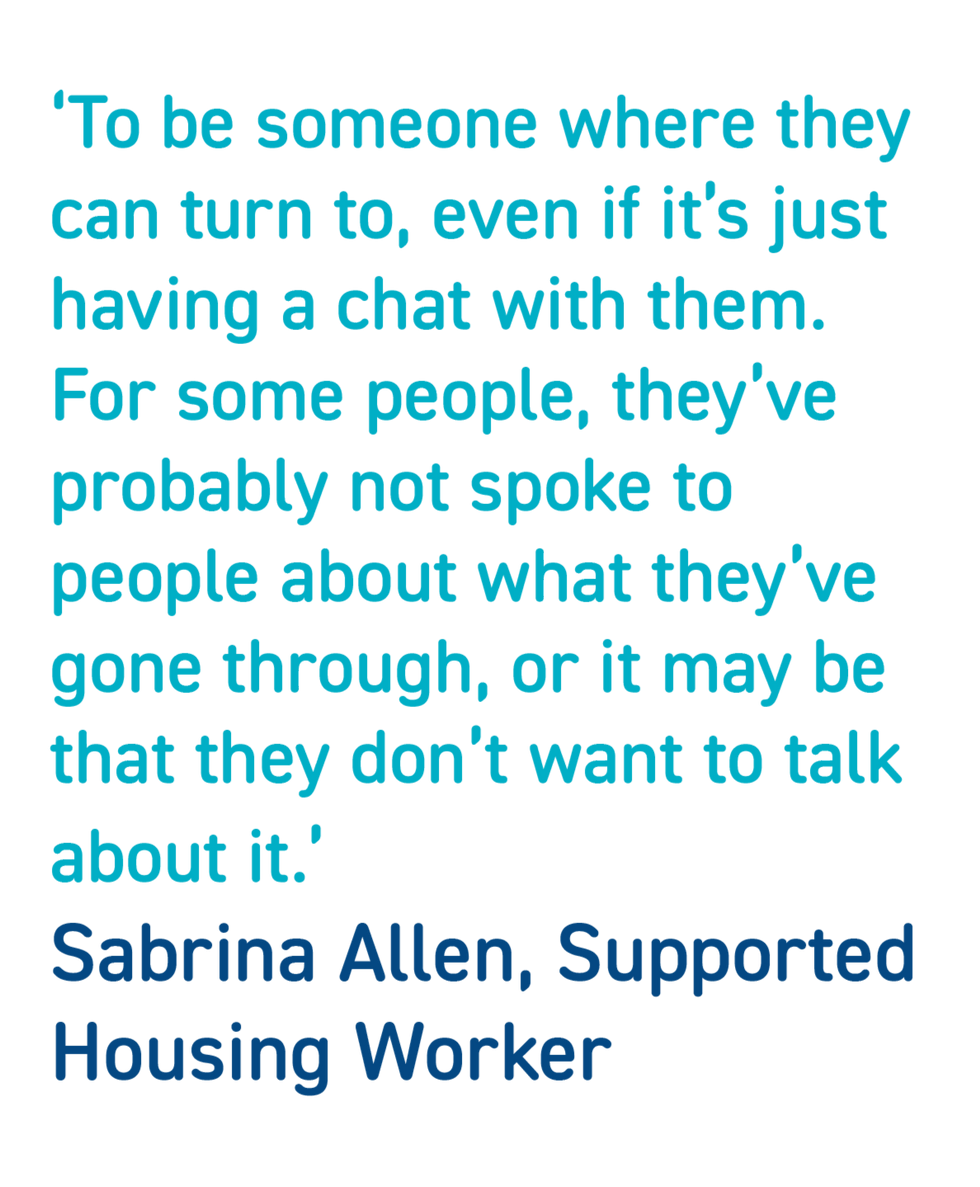Meet Sabrina: How experience in the army has shaped her approach to support veterans.
- Julian House
- Aug 19, 2025
- 2 min read
Updated: Sep 4, 2025
Supported housing worker Sabrina talks about her role at Julian House and how her personal experience in the army has shaped her understanding of the complexities of supporting veterans experiencing homelessness.
Sabrina started working at Manvers Street as a relief worker and supporting clients with college applications and then moved on to working in the substance misuse service in Wiltshire which supports clients at different stages of recovery.
Before working at Julian House, Sabrina was a combat medic in the army for 24 years and then became a practice manager at medical centres where she saw soldiers coming in with significant physical and medical health needs.

While veterans face many of the same challenges as others who become homeless, including a lack of affordable housing, job insecurity, and mental health issues. Sabrina understands that there are specific barriers that make some veterans particularly vulnerable:
Difficult shift to civilian life
The abrupt transition from the structure of military life to the uncertainty of civilian life can be jarring, especially if they are left without a strong support network.
Mental health and trauma
Post-traumatic stress disorder (PTSD), depression, and anxiety are common among veterans, especially those who have experienced combat. Without adequate support, these conditions can contribute to addiction, isolation, and homelessness.
Lack of support or awareness
Some veterans are unaware of the help available or struggle to access the right services which specialise in veteran support.
Less likely to ask for help
Veterans are more likely to experience hidden homelessness which means that they are less visible for our outreach teams.

As Sabrina explains it is important to have a person-centric approach to each client and to take their lead with how to work with them, whether they want to sit and chat or not.



